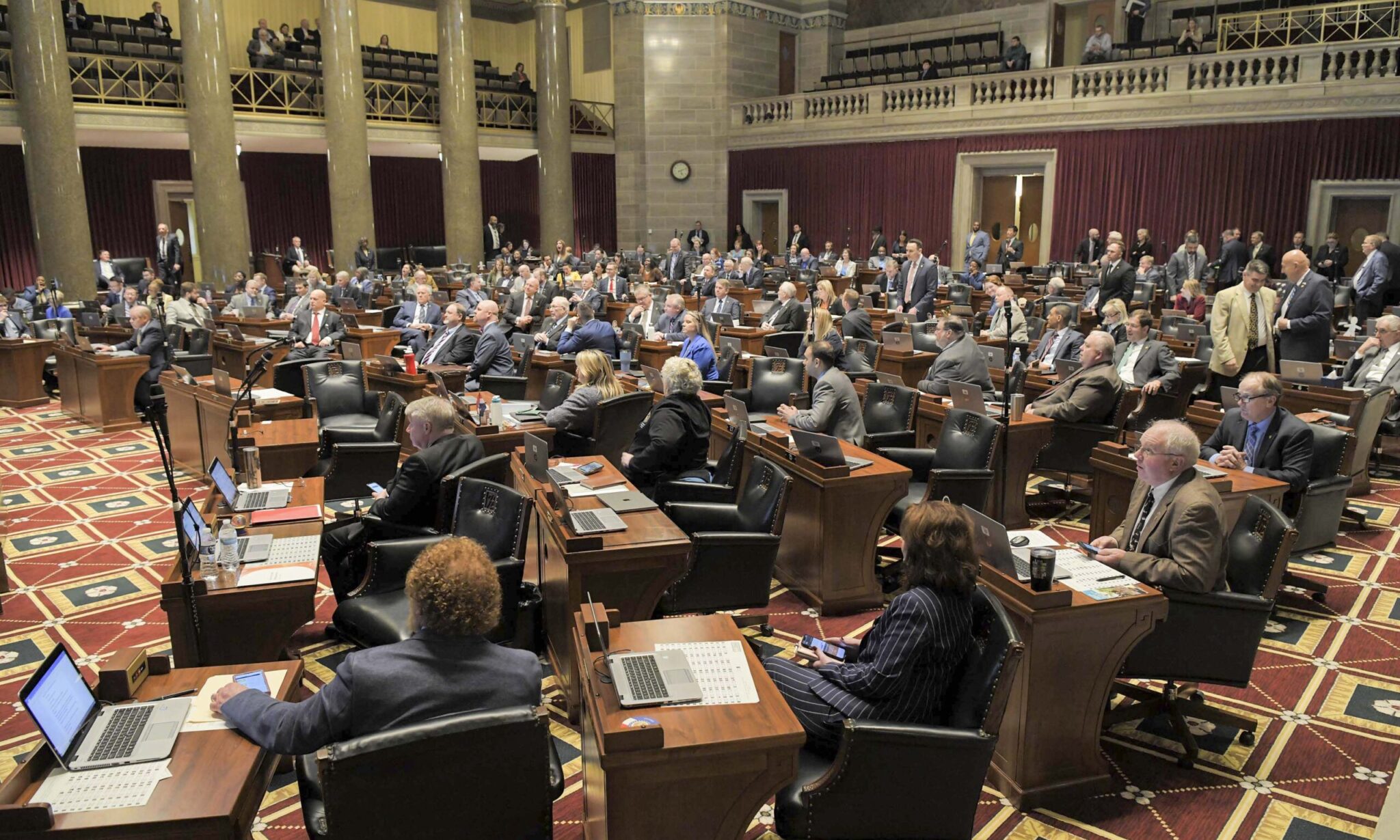Sideline No More: Missouri Homeschoolers Inch Closer to High School Sports Glory

In a significant victory for homeschooling families, Missouri lawmakers have advanced legislation that would grant homeschooled students broader access to public and charter school extracurricular activities. The Senate bill, which recently cleared the Missouri House, aims to provide homeschooled students with more opportunities to participate in sports, clubs, and other school-related programs.
The proposed legislation represents a meaningful step toward inclusivity, recognizing that homeschooled students should have equitable chances to engage in community and athletic experiences traditionally reserved for students in traditional school settings. By removing barriers to participation, the bill seeks to create a more integrated and supportive educational environment for all Missouri students.
Supporters of the bill argue that it will not only benefit homeschooled students by expanding their social and competitive opportunities but also enrich school communities by welcoming diverse student participation. As the bill moves forward, it promises to open new doors for homeschooled youth across the state, ensuring they are not left on the sidelines of educational and athletic experiences.
